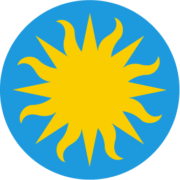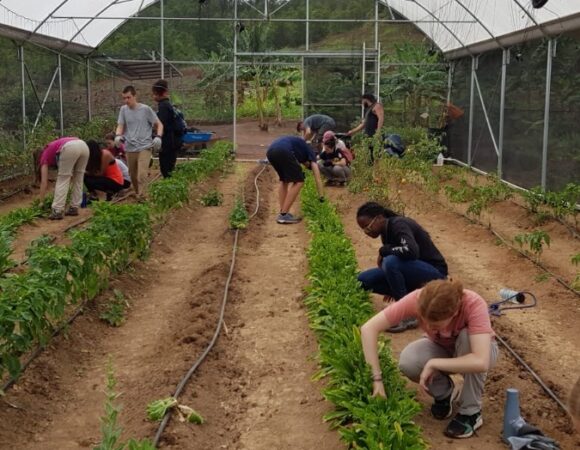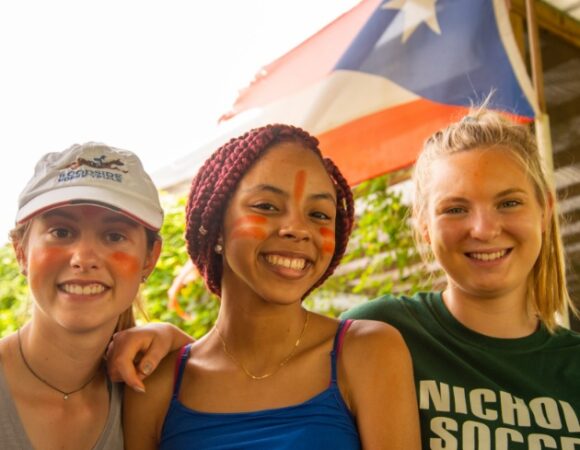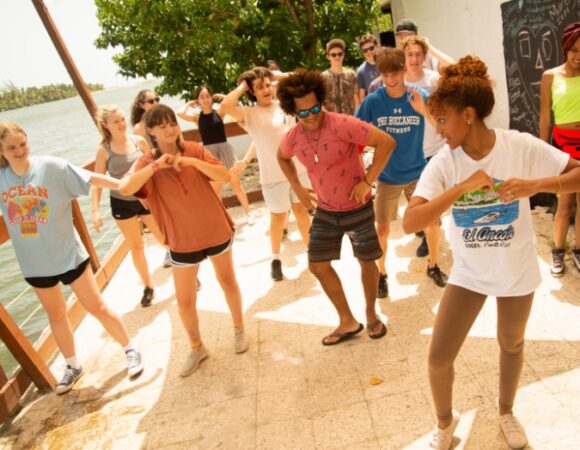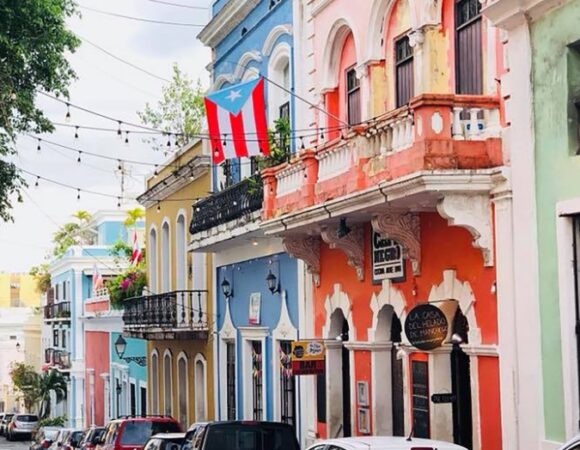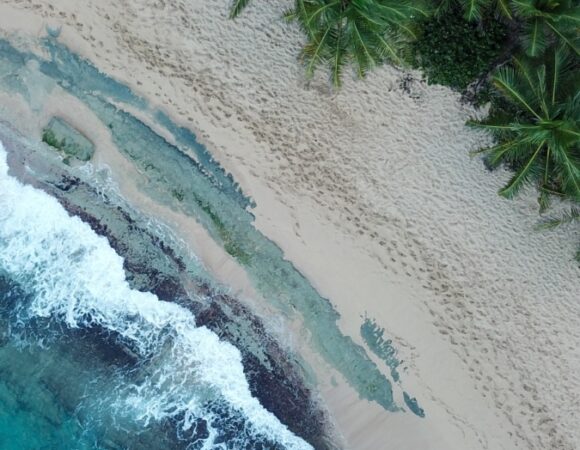- 2024 Dates
- tuition
Puerto Rico
Service & Environmental Sustainability
- 2024 Dates
- tuition
This summer, work alongside residents, conservationists, and young Puerto Ricans who are aiming to restore and protect the island’s ecosystems, from tropical rainforest to coral reefs. Meet with leaders and volunteer with changemakers who are spearheading community-scale initiatives and sustainable farming practices. Participate in the farm-to-table process and learn how it is applied in different areas on the island, and get inspired by working hands-on in coral reef conservation initiatives.
- Highlights
• Help clear trails in the only tropical rainforest in the U.S.
• Volunteer with organizations to develop local food production
• Snorkel in the Caribbean and learn about threats to coral ecosystems
Itinerary
This itinerary represents our best projection of the group’s schedule. However, we may implement changes designed to improve the quality of the program.
Itinerary
This itinerary represents our best projection of the group’s schedule. However, we may implement changes designed to improve the quality of the program.
Leaders
Meet some of our featured leaders. Please note that these may not be your leaders for the program.
Leaders
Meet some of our featured leaders. Please note that these may not be your leaders for the program.
What to Expect
Review specific program expectations here. For more general information:
What to Expect
Review specific program expectations here. For more general information:
A Day in the Life: Adjuntas
- Morning
- Afternoon
- Evening
A Day in the Life:
Adjuntas
- Morning
- Afternoon
- Evening
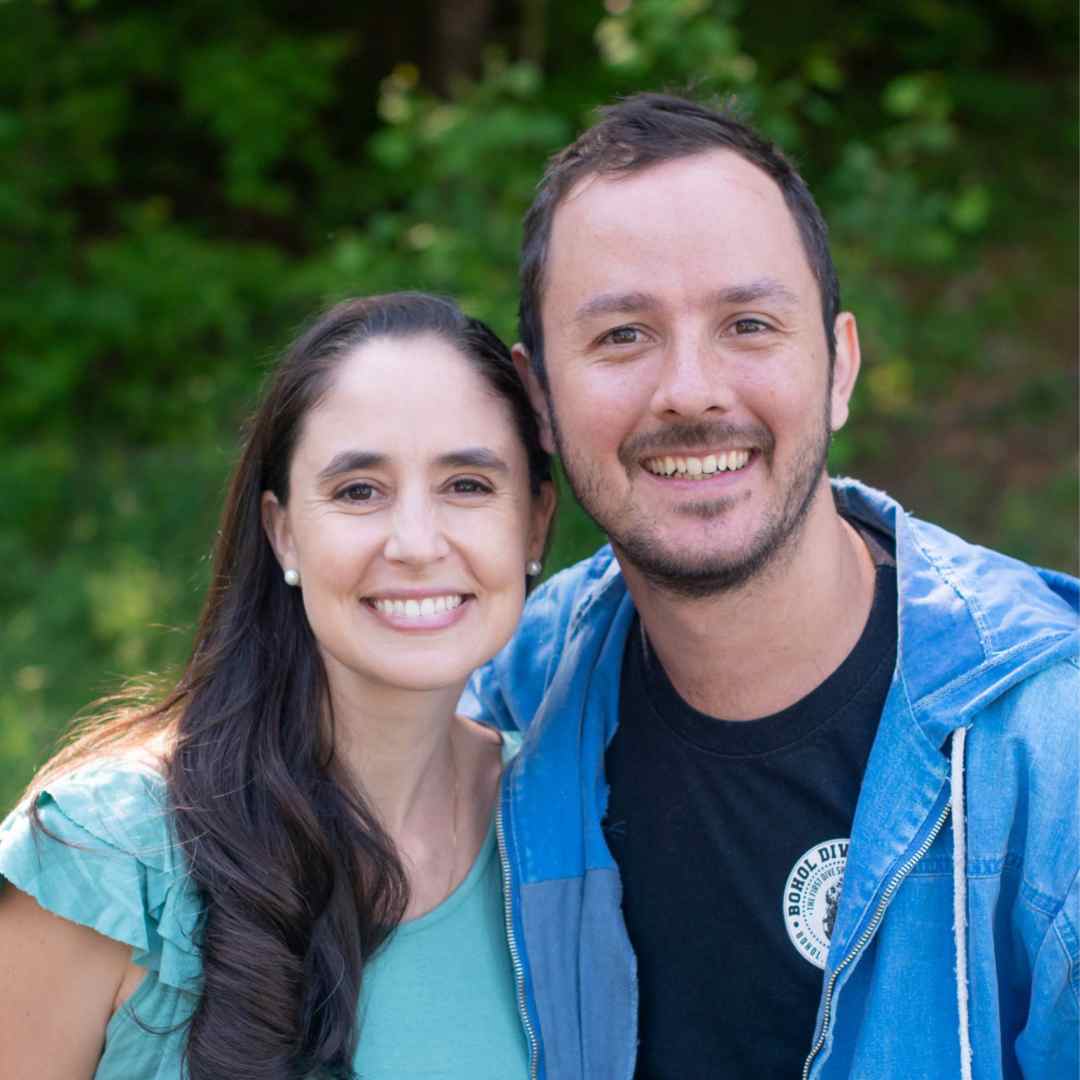
This Program is Directed by
Juliana Gutierrez & Gregorio Rojas
If you have questions or would like to talk further about this program, please get in touch!

